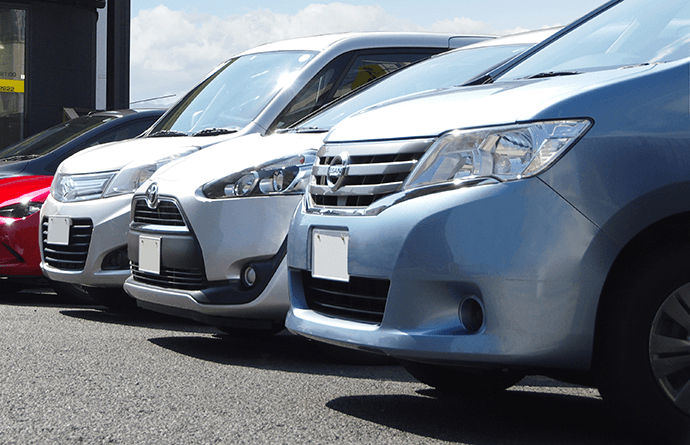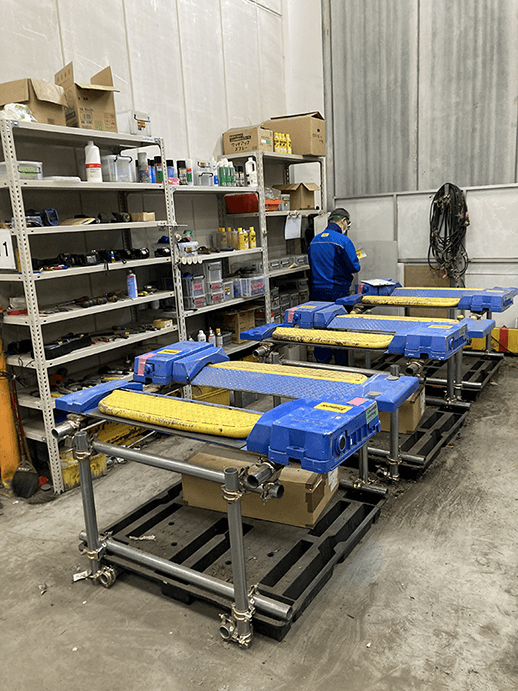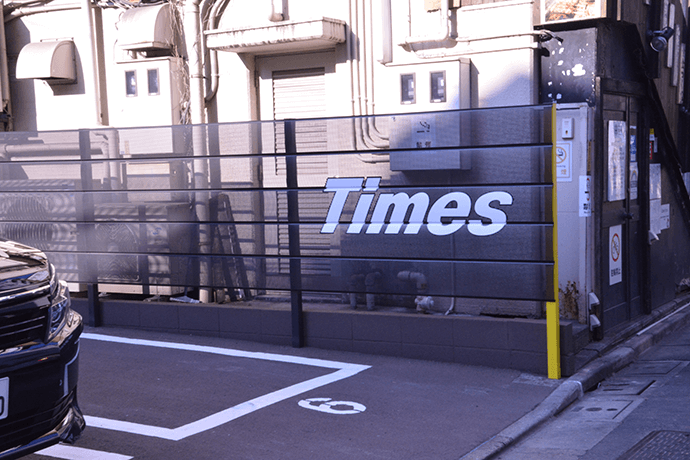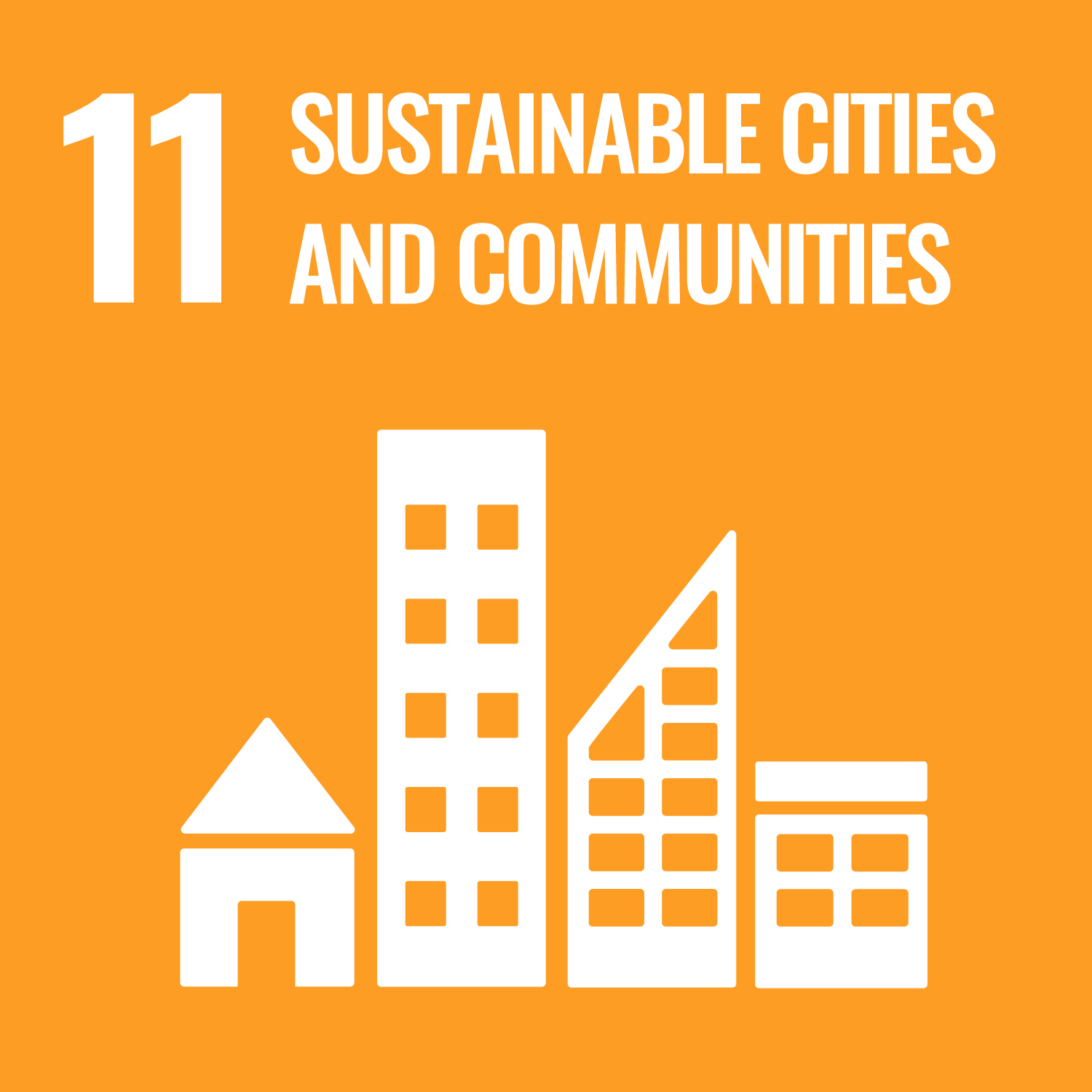Effective Use of Resources
Basic Approach
We recognize that our response to climate change and other environmental issues is an important social responsibility and that the pursuit of harmony between global environmental conservation and our business activities will lead to sustainable growth for the GROUP. As a transport infrastructure service company, we have identified the contribution to a sustainable global environment to be a material issue, and we are working to effectively use our business activity resources based on our environmental policy.
Promotion of Recycling and Reuse of Business Assets
In addition to promoting effective waste management and the 3Rs in our environmental policy, we are building a system to manage and reuse assets in our domestic Parking and Mobility Businesses.
Mobility Vehicles Recycling
We generally use the mobility vehicles we own for four years. We then sell vehicles that have been used for four years on the used car market. These vehicles are reused through the used car market, leading to an effective use of resources.

Reuse of Parking Facility Equipment and Mobility-related Equipment
Locking flaps and barricades installed in parking facilities, mobility vehicle bumpers, and other reusable assets are centrally managed in each region, and we are promoting initiatives that repair these assets at our Group factories for reuse.

Developing Next-generation Parking Facilities
We are building the next generation of environmentally-friendly parking facilities that can be used by customers more conveniently and with greater peace of mind.
Resource Saving Through Lightly-equipped (Barrier-free) Parking Facilities
Conventional parking facilities used gates and flapboards to control the entry and exit of parked vehicles, but next-generation parking facilities use cameras to recognize and manage vehicle numbers. In addition, cashless payment using mobile apps, etc., has been introduced for parking fee settlement, whereas in the past, settlement machines were the norm. The next-generation parking facilities will reduce the amount of waste generated when parking spaces are closed, and will also reduce the impact of natural disasters, such as the recent increase in torrential rains, and allow for early recovery from such disasters.

Reduction in Consumable Goods Through Ticketless Operations
In camera-operated parking facilities, entry and exit of parked vehicles are managed by recognizing their vehicle numbers, eliminating the need for paper parking tickets that used to be issued, thereby reducing consumables. This also leads to operational efficiency in the collection and refilling of parking tickets, which further leads to reductions in CO2 emissions.
Related SDGs

